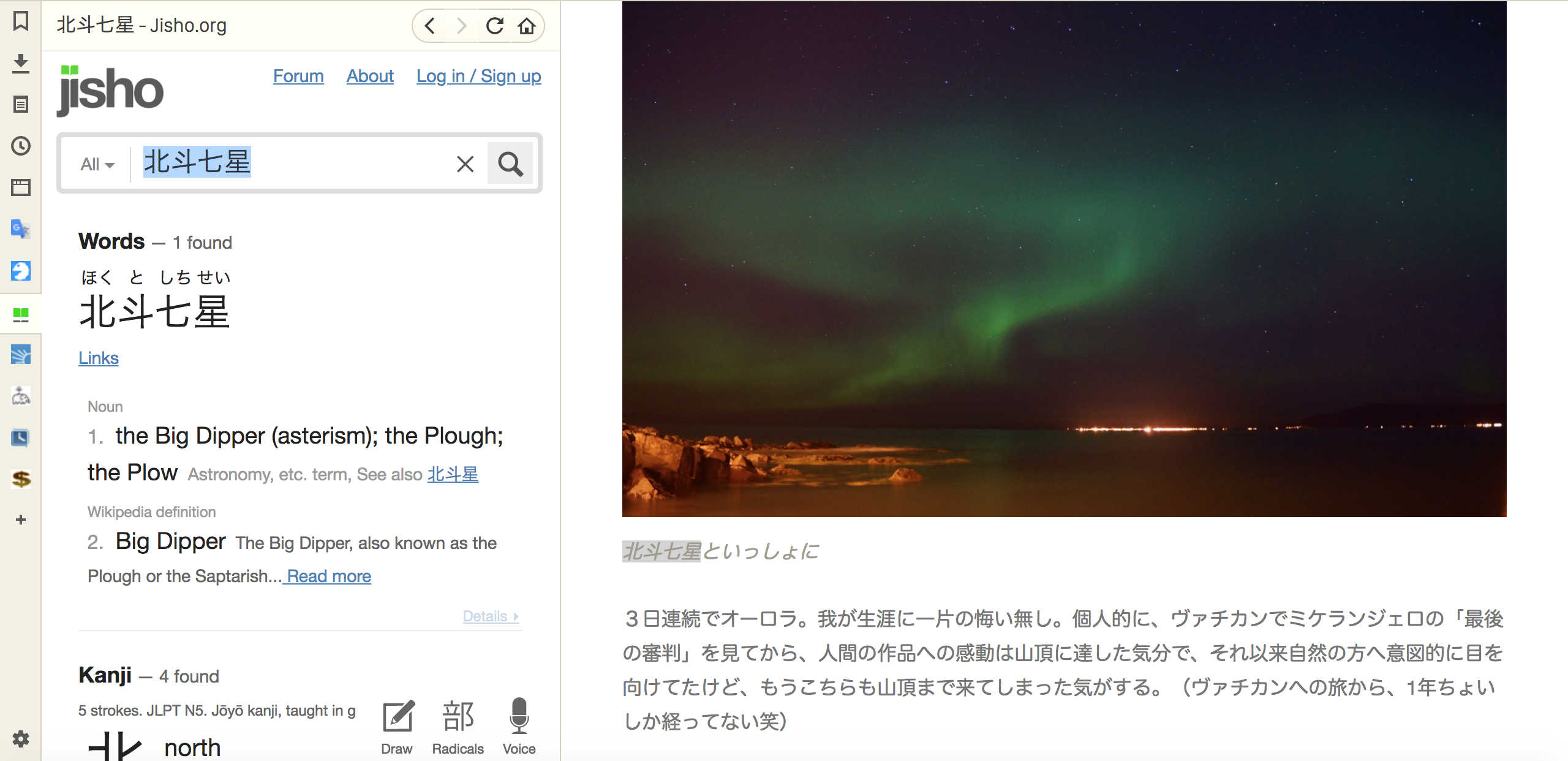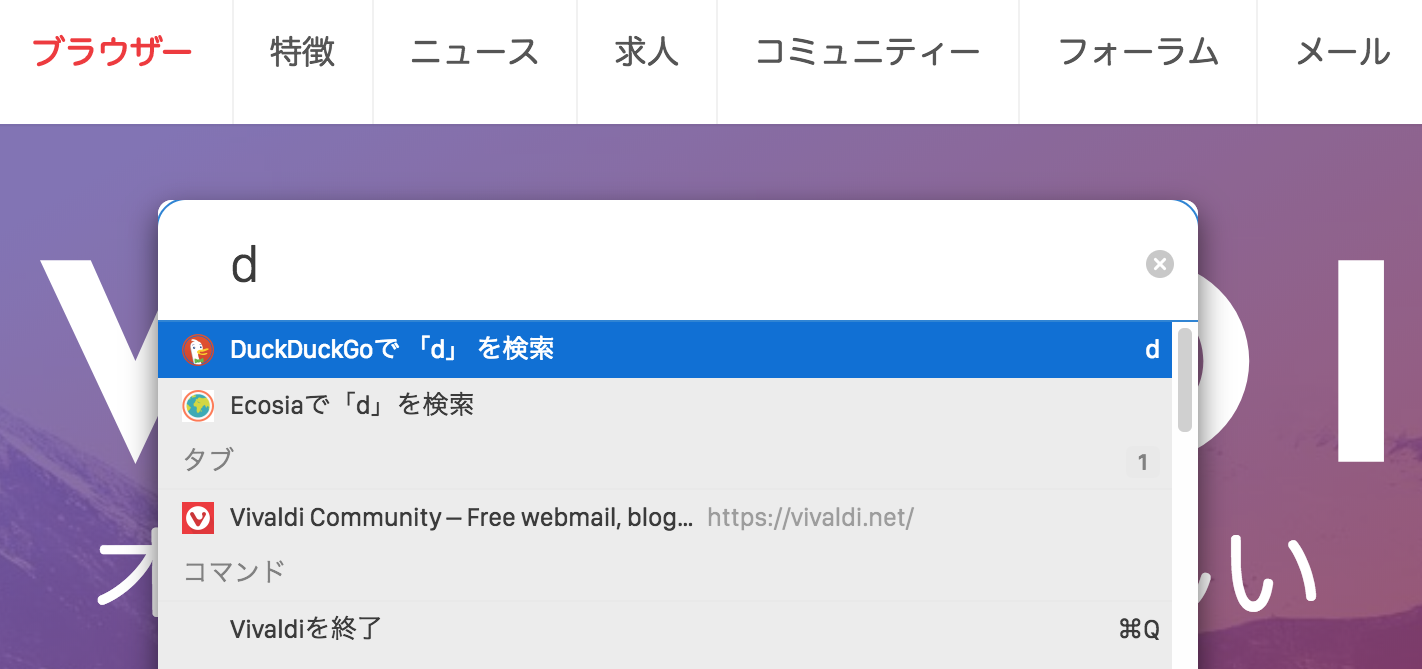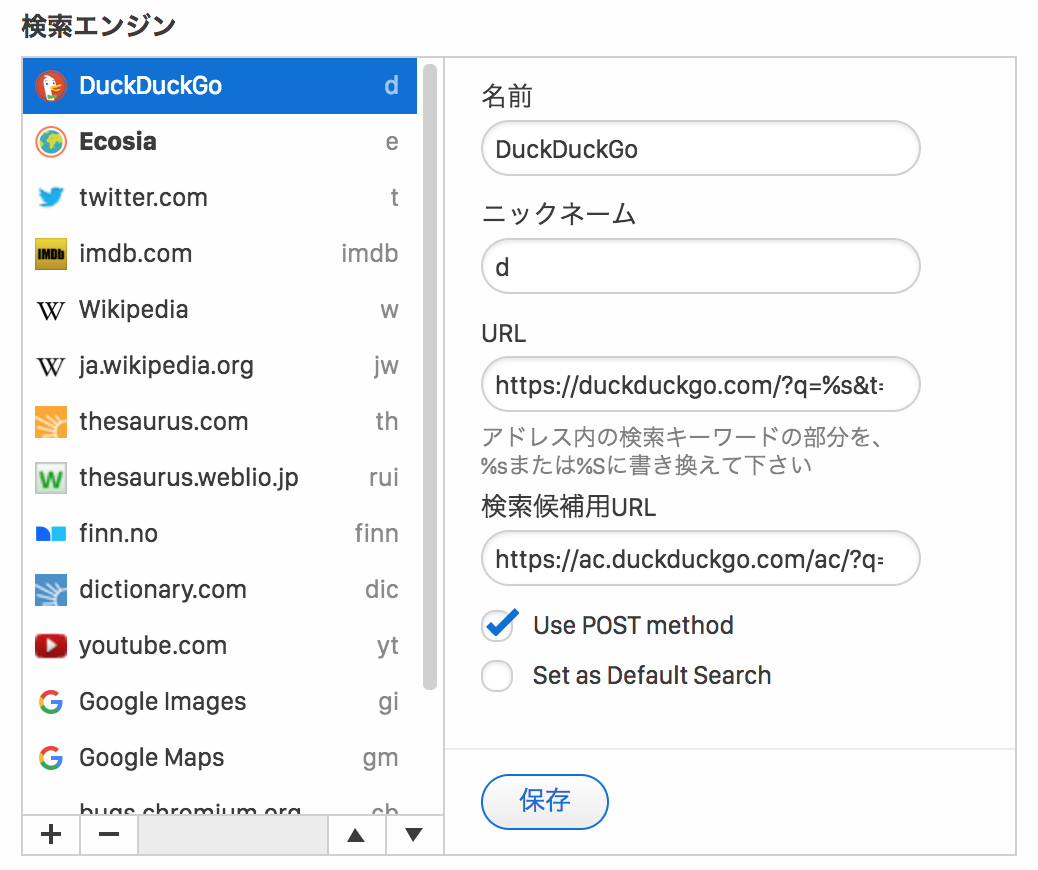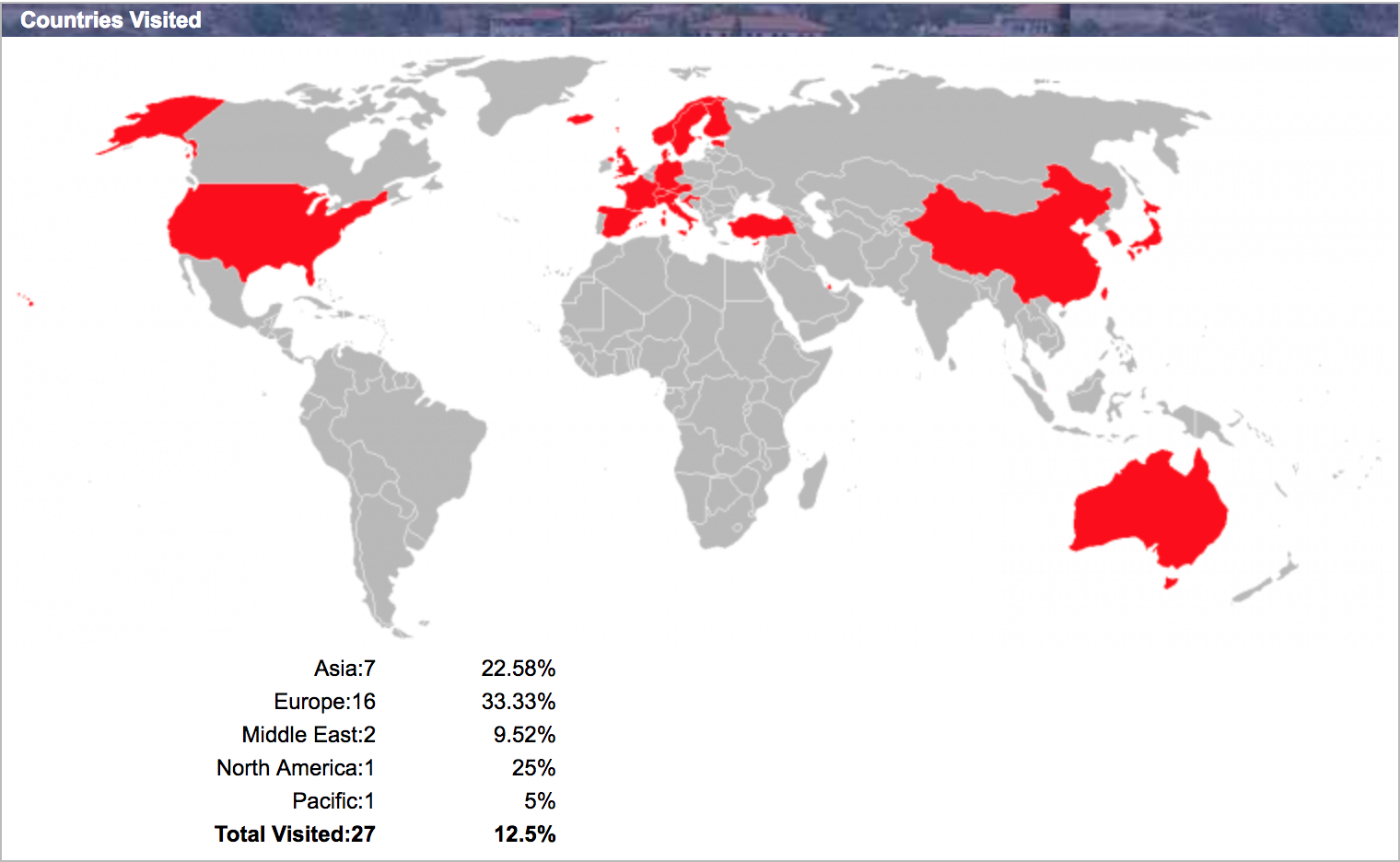Hello everyone.
My name is Takaaki Yoshikawa. I come from Osaka and live in Oslo, Norway as a legal expat.
You might think “why did he move to Norway when they don’t even have better sushi than Japan?”
It’s true, they don’t. But even so, I live in Norway and work for a Norwegian startup tech company called Vivaldi Technologies because I wanted to.
When I tell my friends in Japan that I live in Norway, they often say –
“So you are working at Nokia, right?”
“Is your Swedish partner blond?”
“Do you speak Danish to her?”
“Please send me some salmon.”
Some of them still have a very blurry picture about the whole Nordic region.
But recently I started getting decent reactions.
“The Nordic countries always rank high in the world’s happiest country reports. And Japan always ranks negligibly low.”
The thing about Japan is a real pity.
I truly believe that the food scene in Japan is jaw-dropping and mouth-watering.
The sun’s rays during the winter time feel much better than in Northern Europe locked up in darkness for months.
There are several reasons why they rank so differently.
Let’s take a look at the work environments where people spend a lot of their time.
Have you been told “I’ll make you happy.” by your coworkers or bosses?
If you say that in Japan in 2018, it’ll sound like a marriage proposal from a male to a female
But keep calm and doubt everything. It’s not that the men in Japan have an exclusive patent to make someone happy.
Everyone is allowed to make someone happy.
So you are allowed to make me happy too. I’m happy with that.
People who work together can make each other happy too.
If someone at work says –
“I’ll be on vacation next month!”
to you, you can say
“Great, have a lot of fun!”
If they say –
“My kids are sick today.”
you can say
“Oh no, please stay close and take care of them.”
If they say –
“I feel too tired.”
you can say
“Rest well and get better soon.”
At least in a workplace in Northern Europe, it’s common to see such a compassionate exchange of words.
People working in Japan might have been told different things.
“I’ll be on vacation next month!”
“Be sure to take a laptop with you so you can work remotely.”
“My kids are sick today.”
“But you can’t use your kids as an excuse for you to take a full day off.”
“I feel too tired.”
“Why don’t you let Red Bull give you wings?”
I hope you don’t hear such barbs at work.
In fact, I hesitate to say in front of Japanese people that I work from 9am to 4pm each workday. Nine-to-four is very common in Norway.
I know to some people it sounds like I’m too lazy, which they think I shouldn’t be until I retire.
If you have a full-time job in Japan and get to work from 9 to 5:30, your friends will say “You are lucky!”
If you have a full-time job in Japan and get to work from 9 to 4, your friends will say “Poor you, it’s 4am of the next day, right?”
and if you tell them that it’s seriously 4pm, they will say “And how can your company manage to get any work done?”
My personal experience shows that quitting working long hours helps you make less mistakes, which will naturally also allow you to avoid spending time on fixing mistakes.
And your company will usually make do somehow even when you disappear for a bit longer than usual.
In exchange, your company earns a priceless gain. You, a rejuvenated worker who is ready to perform again.
Another recipe to keep the employees physically and mentally healthy is to help them reconcile their work and family commitments.
These are pictures from my workplace.
My coworkers with small kids can work in the playroom whenever they like.
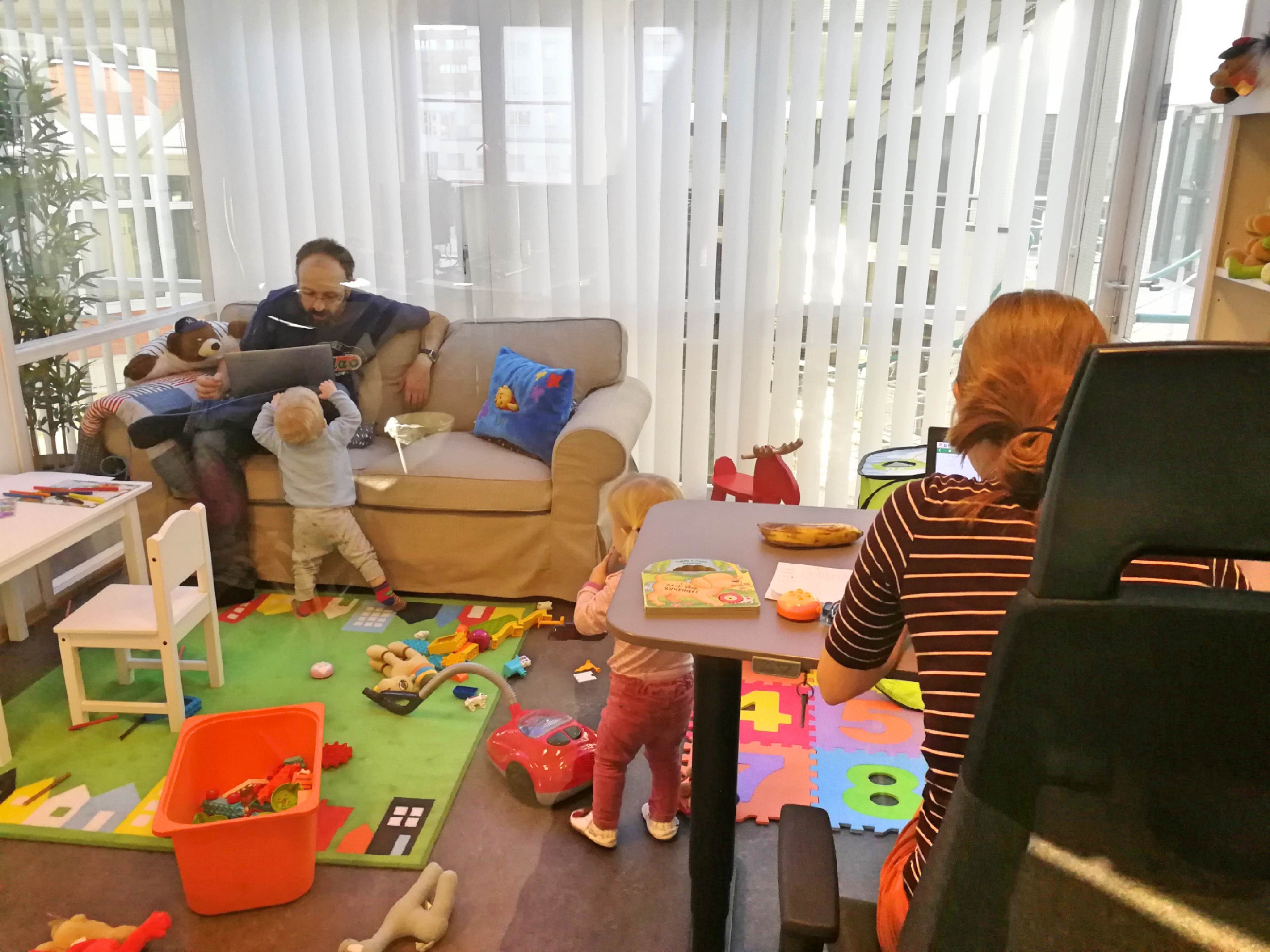
Another coworker of mine takes turns with his partner to take care of an important family member and so he regularly brings him to work.
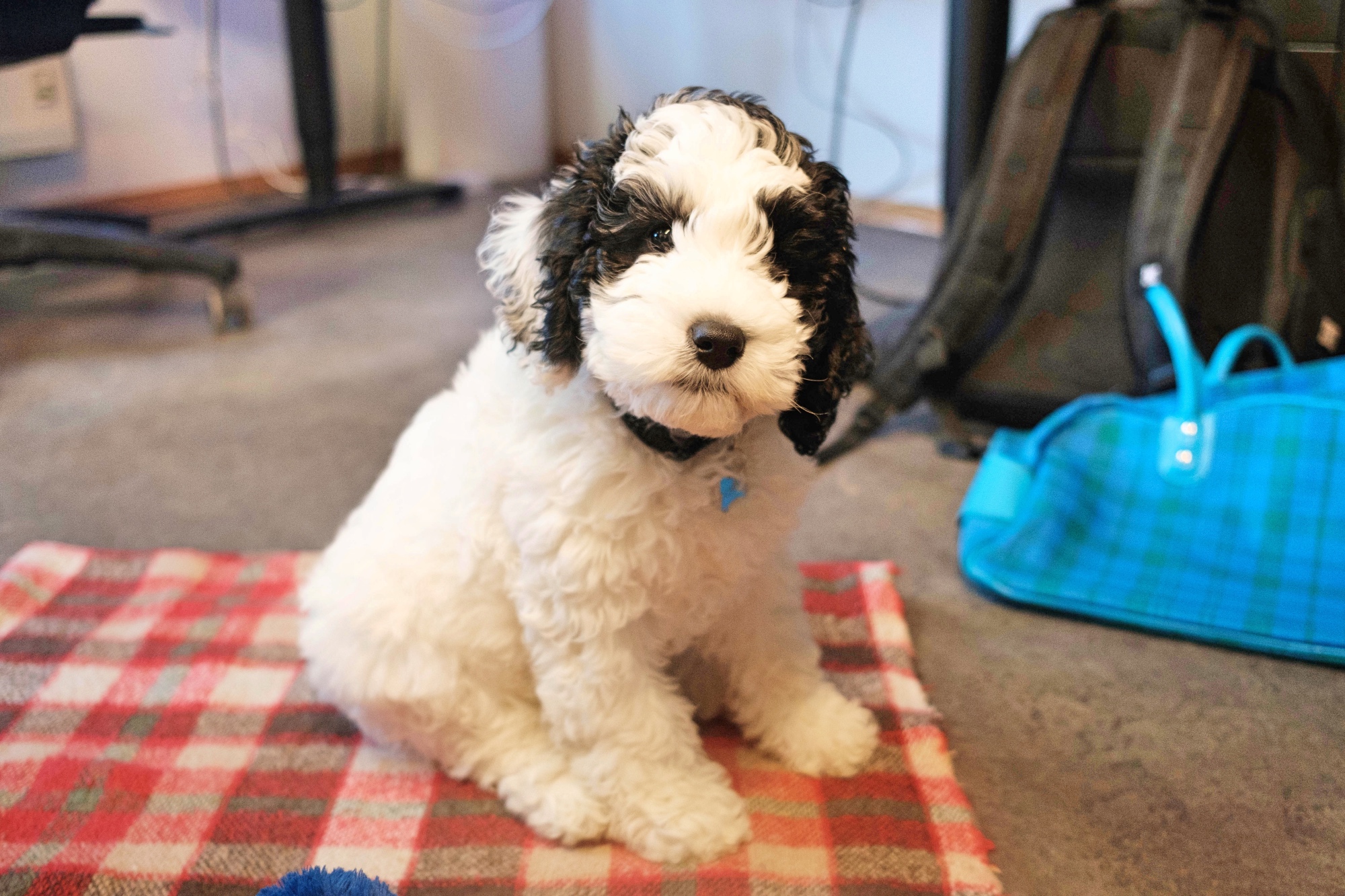
Well I wish he was a member of my family.
Those compassionate exchanges of words, decent work hours and who you can take to work with you are still not the most significant differences I noticed between Japanese and Norwegian work environments.
It’s how commonly you can see people work casually.
I’ll give you an example with supermarket cashiers.
In Japan, a cashier would always stand and bow to each new customer when they come to the register, pronounce the name and the number of each item, carefully and neatly put the items in a box and count out each bill and coin for the change.
In Norway, first of all, a cashier would be sitting, and say “Hei” when a new customer comes to the register. The customer puts the items on the conveyor belt, yes they usually have a conveyor belt at a register, then the items get flown to the sitting cashier. They scan each item and put them on the belt again so they will get flown further down. Normally people pay by card so there will be no change. The customer picks up the items at the end of the belt by themselves. If you need a bag, you tell the cashier, then they throw a bag to the belt so you can pick it up too.
The whole process is usually done by the time the cashier has said the next four words.
“Hei!”, “Pose?” “Kvittering?” “Ha det!”
The meanings are “Hi!” “Bag?” “Receipt?” “Bye!”
You think there is too much cultural difference between Japan and Norway?
But most Japanese do like casual services, am I wrong?
If I remember correctly, there was even a cat train station master, a shiba dog tobacco shopkeeper and the likes in Japan.
They are not necessarily polite, but people like them.
If you believe that your customers are gods following the Japanese business proverb, then why not entertain the gods?
Don’t worry, it’s easier to follow the Norwegian style at cashier than you would think.
Let’s actually do it in Japanese. Repeat after me.
“らっしゃい!”, “袋は?” “レシートは?”, “また!”
It’s easy, right? It even feels like a somewhat traditional Japanese style. Make cashiers great again.
I truly believe that it’s a positive thing for both sides to let people work the way they like
and that such a casual and embracing attitude is a mandatory requirement to make people around you happy.
I also recognize that most Japanese people do already know what I’ve been complaining about in regards to Japan.
It’s just that people are not in a situation where they can create their own work culture.
From the job-hunting stage to the onboarding training stage, they usually go through warnings or trainings about how they need to dress or about business manners.
There are dozens of written or unspoken rules, most of which are based on gender, about what hair colors are allowed, whether piercing is allowed and so on. It’s no exaggeration to say that it’s almost army-like.
Why? They would say “Because some customers would complain.”
without actually considering if customers would really care and to what extent.
What they do is rather continuing what’s been passed down from the past without thinking about it.
And this is where the other keyword, “startup”, plays a huge role.
Startups are not born with a structure or rules.
Most of them are rather established to do something new or tackle the ongoing issues in the society.
With new ideas, with new technologies. All from scratch.
There are actually wonderful startups in Japan in various fields like IoT, AI, robots, green tech, space tech… (buffer section)
examples. https://forbesjapan.com/articles/detail/14840
But unfortunately, I get the impression that most Japanese startups operate solely in Japan. And I know that Japan wants to change that too. Fukuoka is a good example and they have been putting efforts to become a role model as a global startup city.
From actually working at a Norwegian startup, I can share some hints from the Nordic countries to become international.
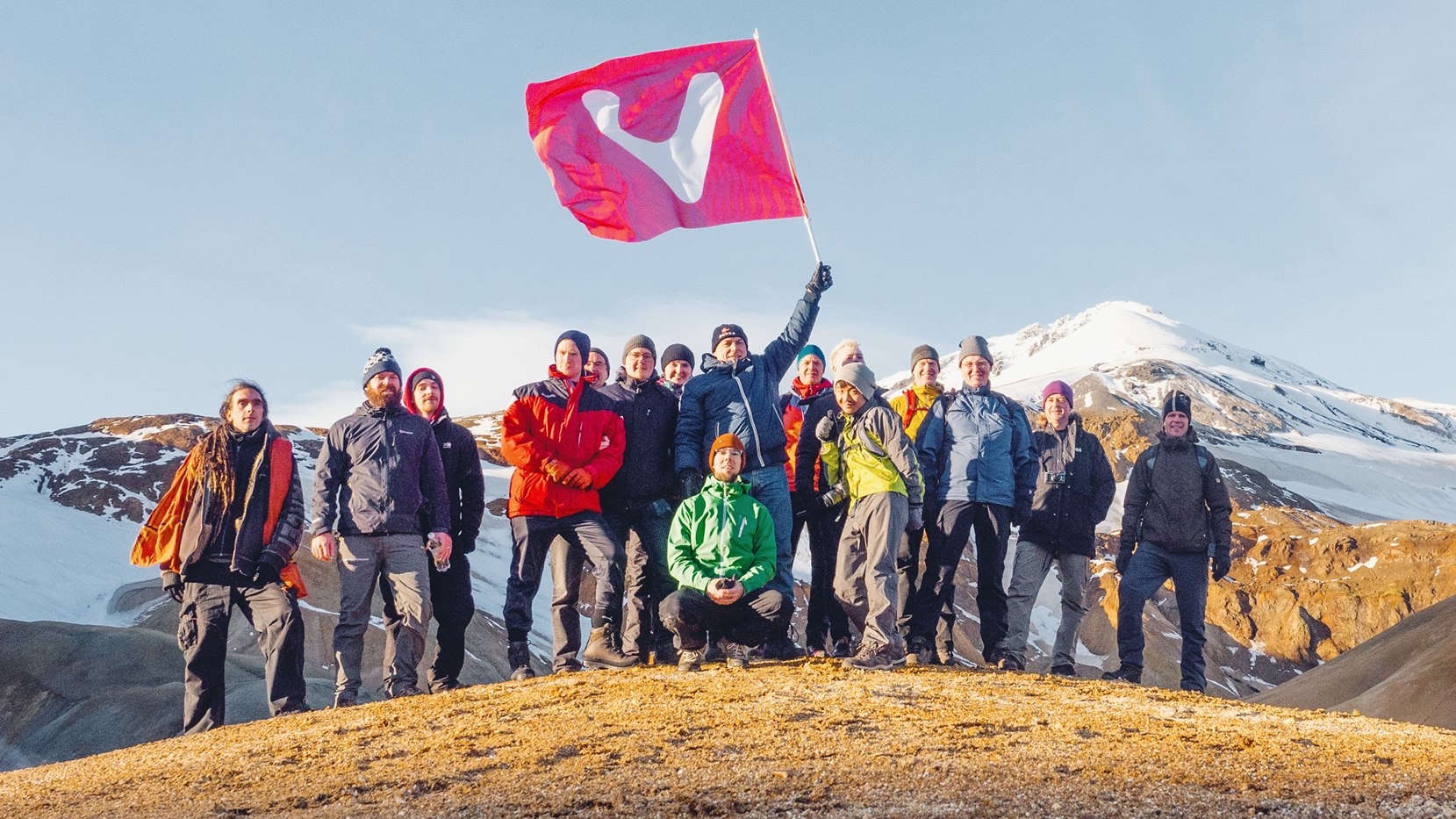
My company, Vivaldi Technologies, has just over 40 employees from about 20 nationalities working from 7 countries with actual offices in Norway, Iceland and the USA.
The country with the largest number of users of the Vivaldi browser is Japan. Yay!
Never heard of Vivaldi? Haha, now you have.
27 million people. That’s the population of the Nordic countries – Norway, Sweden, Denmark, Finland and Iceland. Same as Kansai and Shikoku combined.
It’s as good as nothing, you might think. Besides, people in Kansai and Shikoku have the “advantage” of doing business freely in a market of 120 million people, Japan.
Actually, this advantage is not as big as it sounds.
Basically, Nordic people are allowed to do business freely in the whole of Europe thanks to The European Economic Area, EEA, with a population of 500 million.
What this provides is the free movement of persons, goods, services and capital within the European Single Market, including the freedom to choose residence in any country within this area.
And most Nordic people can use English at business level.
I know it sounds like a Spartan lifestyle to Japanese people – but they don’t just start learning English earlier than Japanese school kids but also grow up playing video games in English and watching American or British TV shows with subtitles on a daily basis.
So at least they won’t have a big language barrier to do business with other English speakers.
Therefore, their market is actually big.
EEA can bring the most skilled workers from outside of Northern Europe too.
So startups don’t have to worry about whether they could afford to issue work visas for their foreign workers from Europe.
Commonly, marriage, pregnancy or childcare don’t mean that talented men or women have to quit work.
Wouldn’t it be a great reassurance if we could genuinely bring whoever we need to startups without worrying about their visa, language or life-stage issues?
Norway is known to have higher income levels even in the wealthy Northern Europe, and there 130NOK, which is about 16,7 U.S dollars or 1,700, 1,800 JPY, is a lowest-level wage per hour.
Those lowest-level wages are commonly seen in the foodservice industry, but then it’s highly possible that the workers can get tips too.
And the monthly amount of tips could be as high as a monthly house rent in Oslo.
I too have paid my house rent in Oslo just by tips for many months.
And people can get enough rest because normally the work hours won’t exceed 8 hours.
No wonder Norway is an attractive place to work even for the well-off Swedes.
So what’s our advantage again?
Luckily, there are still countless people who are interested in living in Japan in the long term.
But at the same time, they are not. Because of some bottlenecks like the square-toed work environment.
So we should question ourselves.
“Is our work environment good enough that the people we genuinely need for startups feel like getting in without them worrying about their visa, language or life-stage issues?”
I am here today so in the future we will hear more people say “Yes” than now.
Don’t stay with just Japanese. Don’t stay with just men.
Bring your kids and dogs to work and question old norms.
Gather people from the world,
create a work environment that spreads happiness,
and give the world back a wonderful service!
Thank you for listening.

